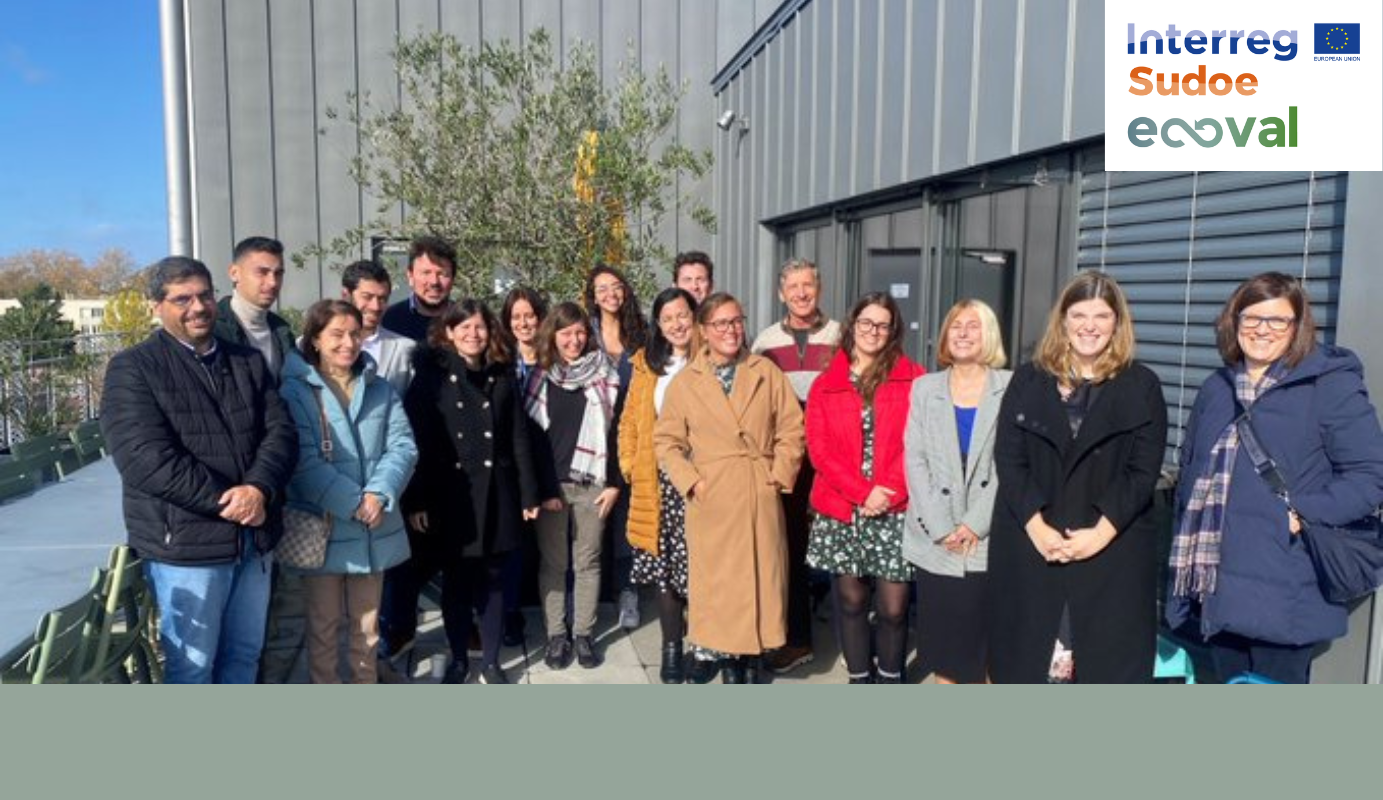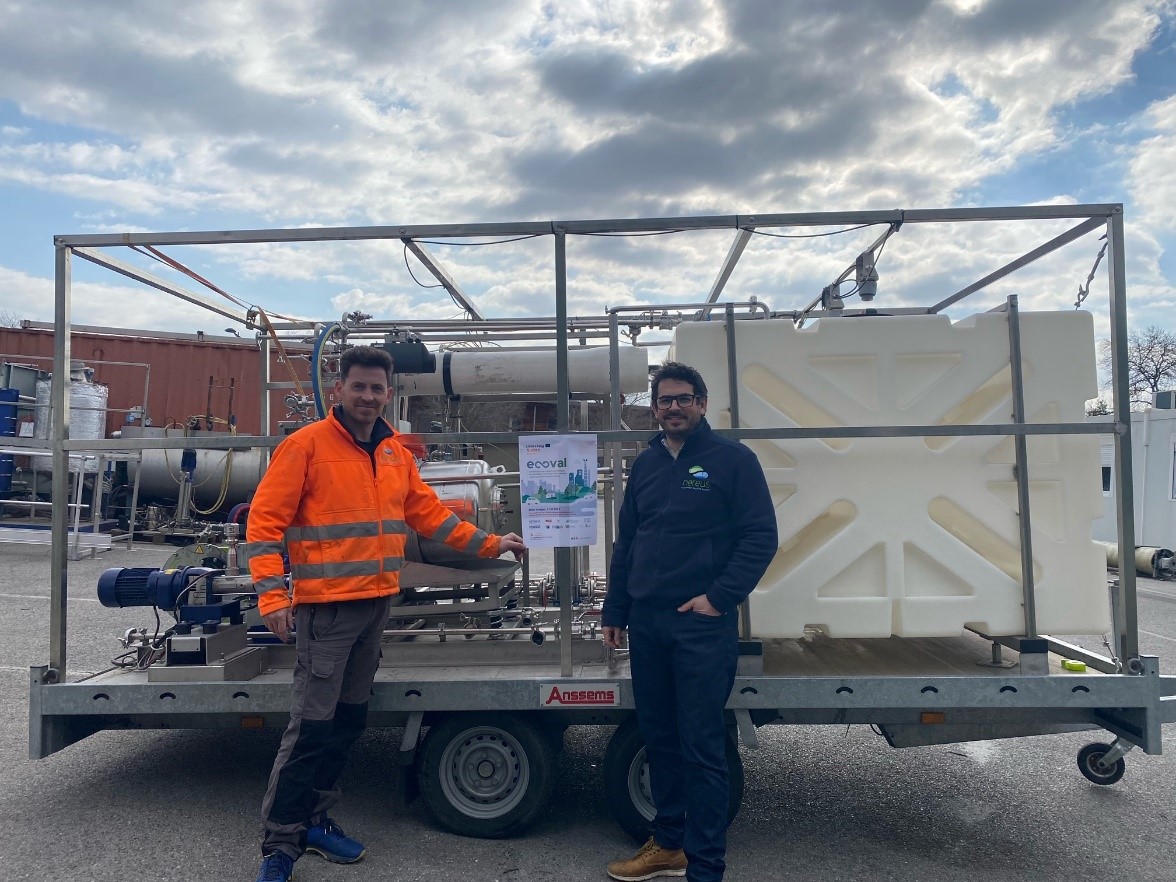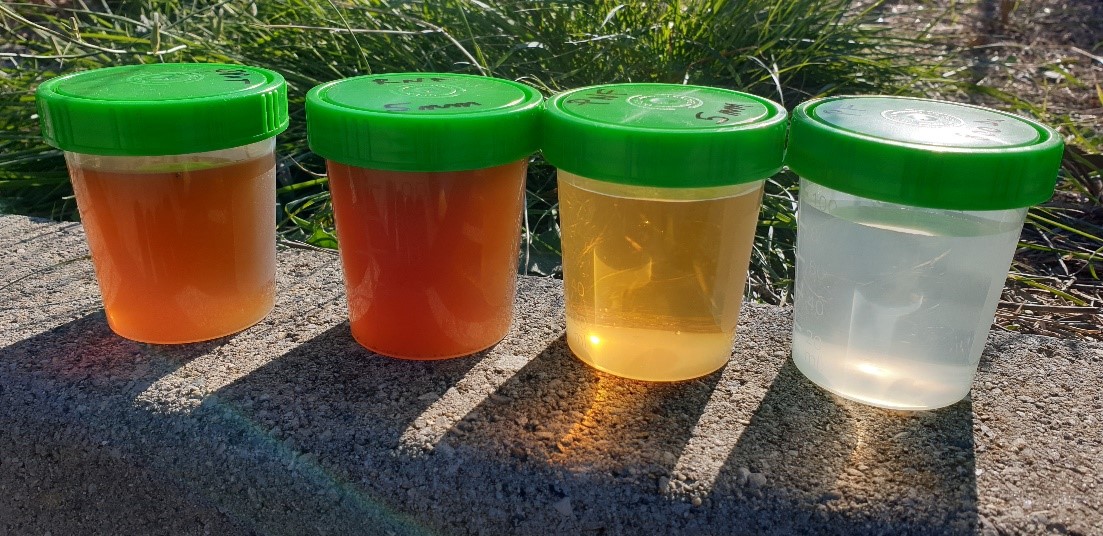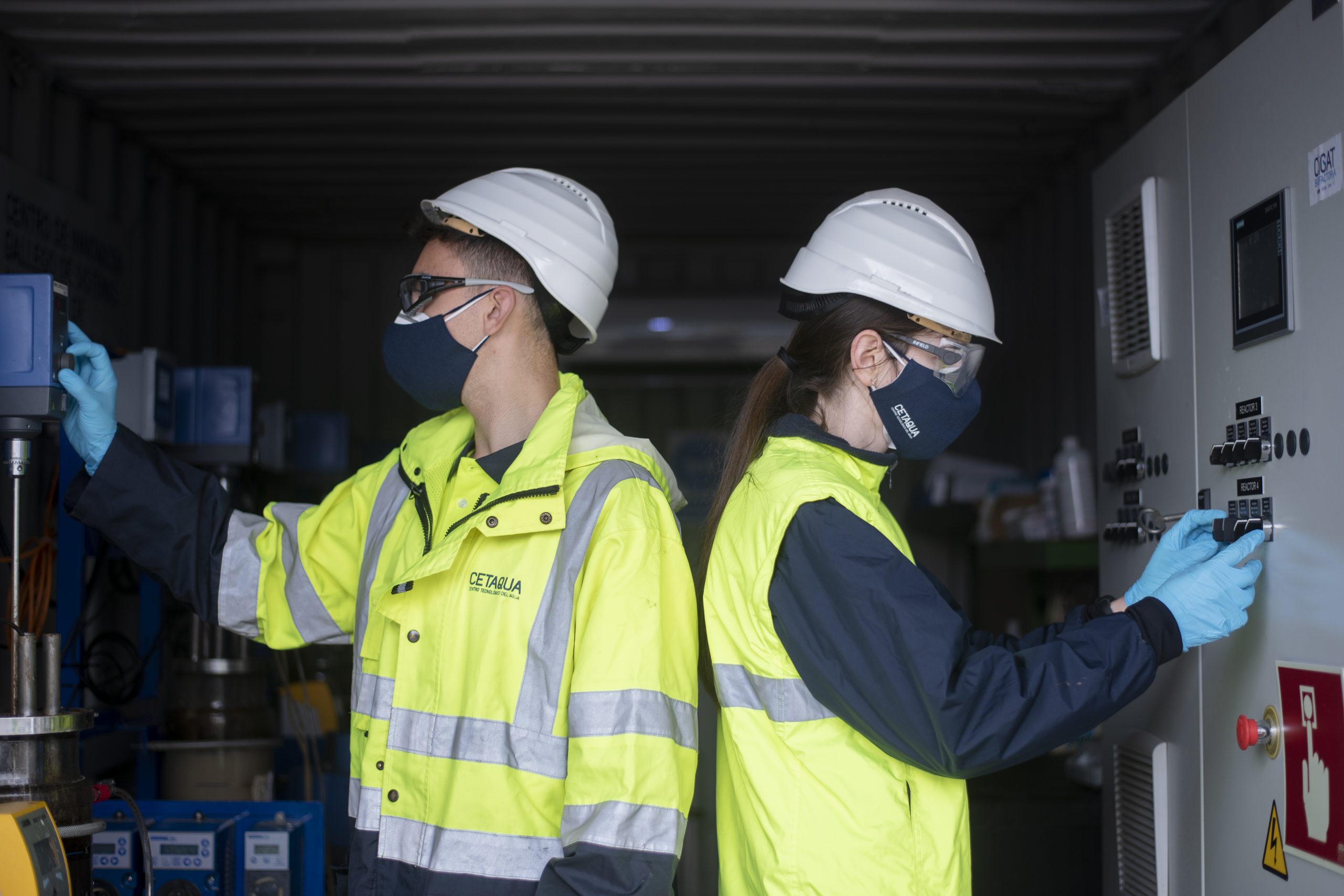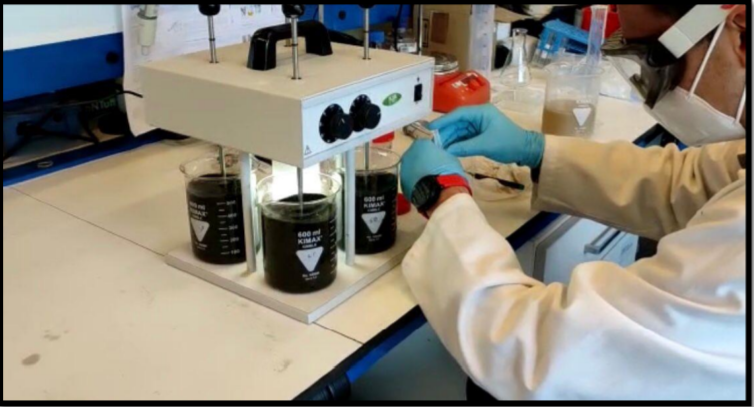The National Institute of Applied Sciences of Toulouse (INSA Toulouse) hosted the consortium meeting of the Ecoval Sudoe project in the same French city on Wednesday and Thursday (23 and 24 November, respectively) in order to share and present the progress achieved so far, as well as the next steps to be taken.
The kick-off was at nine o’clock in the morning, where CETAQUA made an introduction and presentation of the project, as well as its contribution to it from a biotechnological perspective to valorise organic waste. Subsequently, the rest of the actors (FEUGA, INSA TBI, NEREUS, USC BioGroup, ADTA, FPNCyL and Porto Ambiente) presented their different contributions to Ecoval Sudoe until midday, when there was a break to resume the activity in the afternoon.
On Thursday, the consortium visited the Ginestous Wastewater Treatment Plant (WWTP) in Toulouse to observe first-hand how the city’s sewage sludge is currently treated. It also analysed its potential for transformation into a biofactory, as pursued by the Ecoval Sudoe model to promote a more sustainable and circular economy.
This consortium meeting is the fifth one held by the project, after the last one organised last June in the city of Porto, hosted by Porto Ambiente. In this type of events, synergies are generated between the different agents and are a key element for the proper functioning of all types of projects, even more so in the case of Ecoval Sudoe due to the multiplicity of actors, interests and challenges faced with the aim of promoting a circular and sustainable business model in a context of green transition.

